The Convention Concerning the Protection of World Cultural and Natural Heritage (“The World Heritage Convention”) entered into force in 1975. The world heritage regime, in effect, produces the shared heritage of humanity. States use their right,...
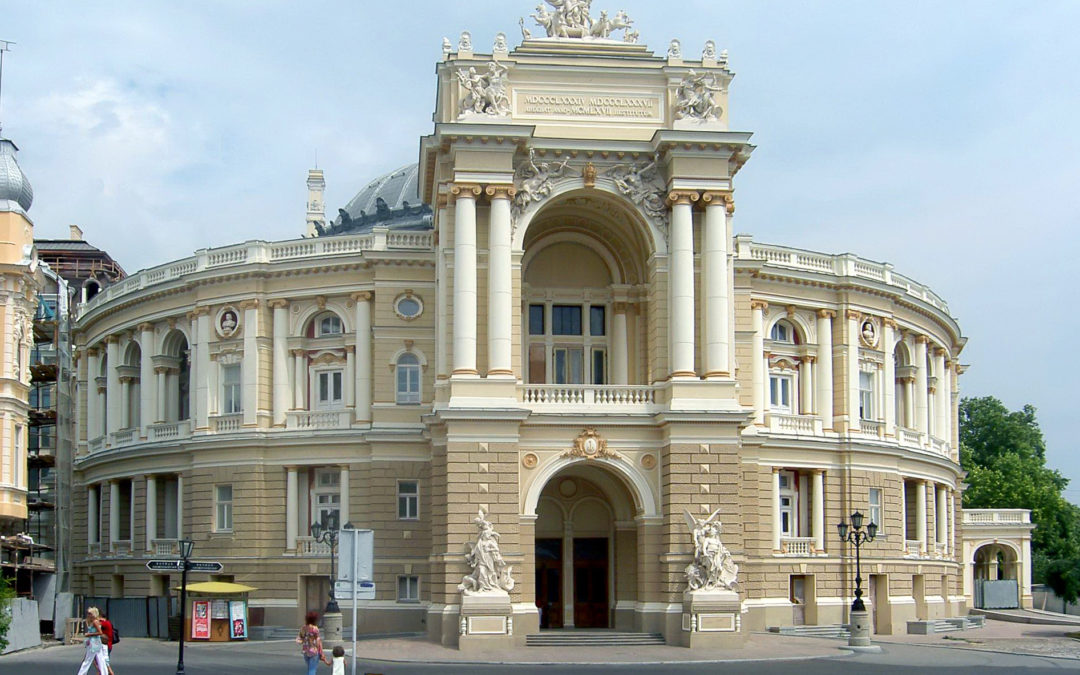

The Convention Concerning the Protection of World Cultural and Natural Heritage (“The World Heritage Convention”) entered into force in 1975. The world heritage regime, in effect, produces the shared heritage of humanity. States use their right,...
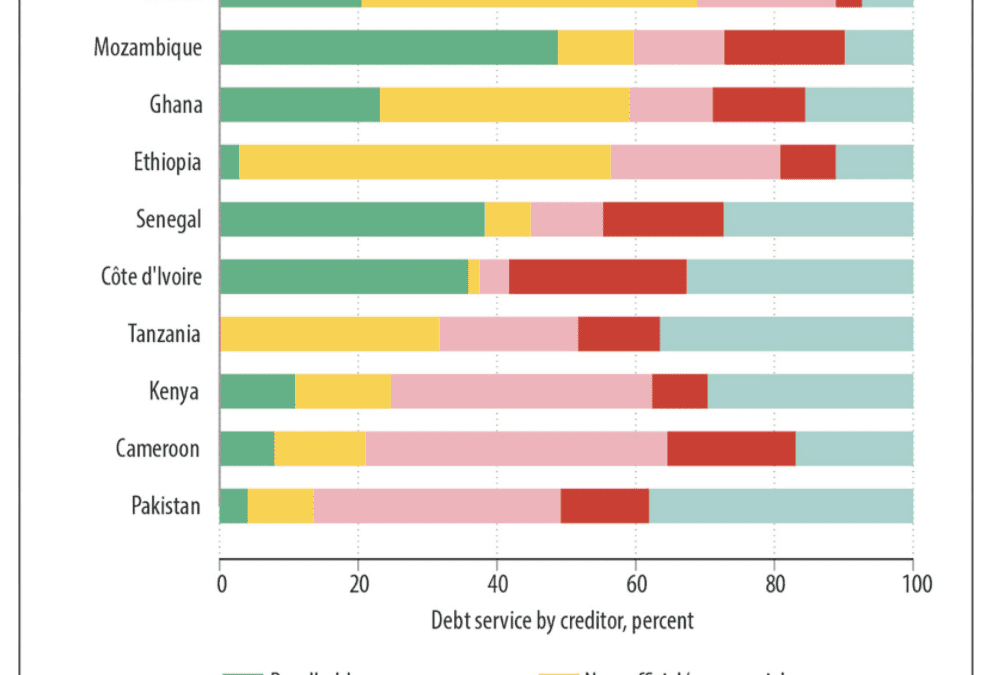
As access to vaccines continues to hamper developing countries’ response to the COVID-19 pandemic, many of these countries also face significant public debt burdens. The Debt Service Suspension...

If there's one thing that American political scientists agree about, it's that the U.S. "job market" is pretty brutal. It's not uncommon for junior scholars to bounce between postdocs and visiting...
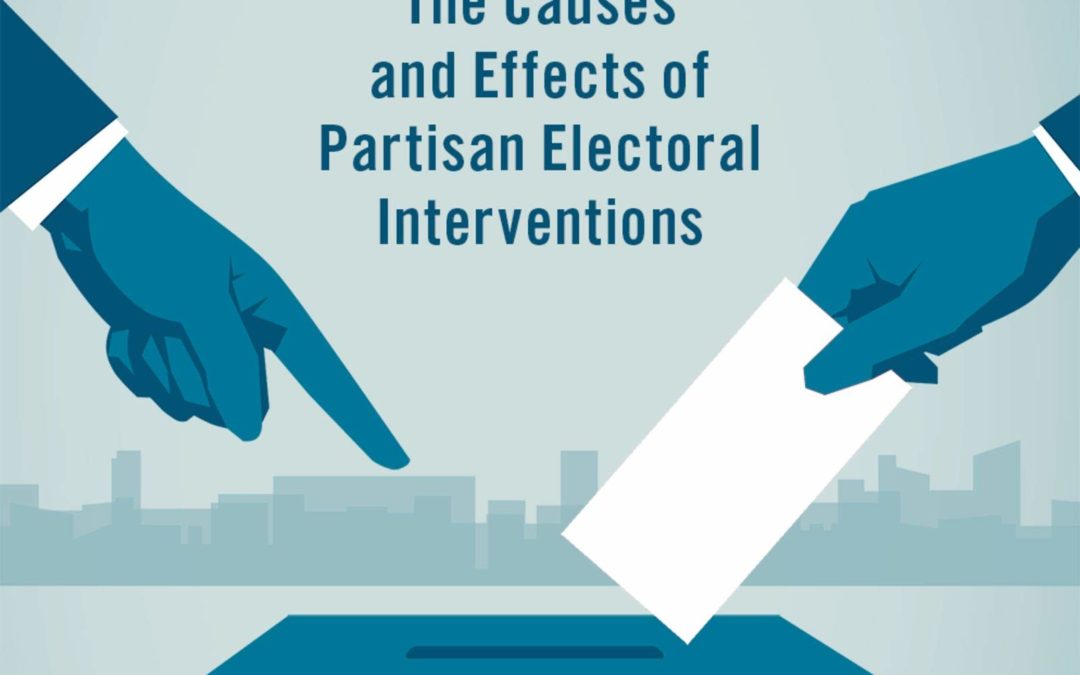
Dov Levin answers 6 (+1) questions about 2020 book on foreign electoral interference. When do great powers back a specific party or candidate in another country? Can they change the electoral outcome? Find out.
This is a guest post by Ari Kohen, Associate Professor of Political Philosophy at University of Nebraska-Lincoln and author of Untangling Heroism. Follow him on Twitter here. As someone who researches heroism, I can say without a second’s hesitation that President Trump absolutely would not have rushed into an active shooter situation in a high school and neither would 99% of the people to whom he made the comment on Monday. No chance. I’m not saying this because I think Trump is a coward and I’m not saying it to get in another dig at him. I’m saying this because the vast, vast, vast...
The following is a guest post by Jay Benson and Eric Keels. Jay Benson is a Researcher at One Earth Future (OEF), with research focusing on issues of peacekeeping, civilian protection and intrastate conflict. Eric Keels is a Post-Doctoral Research Fellow in Global Security at the Howard H. Baker Center and a Contractor with the OEF Research. His research focuses on international conflict management and democracy in post-war countries. During the first year of the Trump administration, the United States government has initiated numerous changes to the United States’ foreign policy. Since...
There is a certain theatre to the Global War on Terror (GWoT). From the opening sequence of 9/11 to the shock and awe campaign’s projection of American sovereign power through the broadcast of the initial ariel bombardment of Iraq, to the dramatic headline declarations that ‘we got him!’ after an elderly and disheveled Saddam Hussein was ‘caught like a rat...in the bottom of a hole’ in Iraq in December 2003, the GWoT has played out as a highly dramatic production. As a part of the GWoT, Guantanamo Bay's Camp Delta has featured too - making both dramatic appearances and disappearances from...
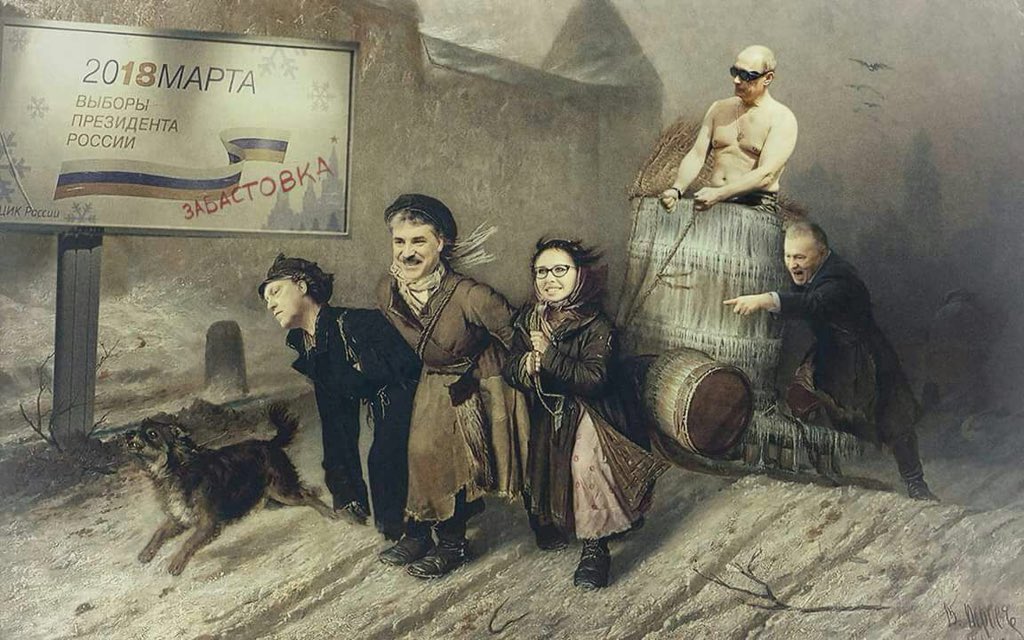
One of the most predictable elections is just around the corner: even Google has already proclaimed Putin the winner of the presidential race of March 18th 2018 in Russia. The only marginal hiccup for the authorities might be a low turnout, but a couple of viral videos are already scaring the bejesus out of the electorate: if they don’t show up and vote for you-know-who, somebody else will be elected and they will make each family house a gay man in pink pajamas in their apartment! Surprisingly enough, Putin will have a wee bit of competition on the ballot after all. Pavel Grudinin [I am...
Layna Mosley is Professor of Political Science at the University of North Carolina at Chapel Hill. Her research investigates the politics of sovereign debt, and the effects of global supply chains on worker rights. She joined the WAKS Editorial Board in November 2017. Website: laynamosley.web.unc.edu/ or find her on Twitter at @thwillow. Duck of Minerva readers may have noticed Max Fisher’s recent New York Times Interpreter piece, addressing Taliban attacks against Afghan civilians. On Twitter, Fischer reported that he “made an effort to quote only women in this.” Six of the seven experts...
I tend to complain a lot about the NATO 2% expectation--that members are supposed to spend 2% of their GDP on defense stuff, which probably makes more more Canadian than anything else I do (I don't skate or watch hockey much). This is aspirational and countries are supposed to reach it by 2024. I have written much about why this is problematic (it tends to make Greece look good, which is a clue; doing is more important than spending, etc), but today I want to focus on the heart of the matter: 2% is a measure of input and nothing else. The basic idea is if we all spend a significant hunk of...
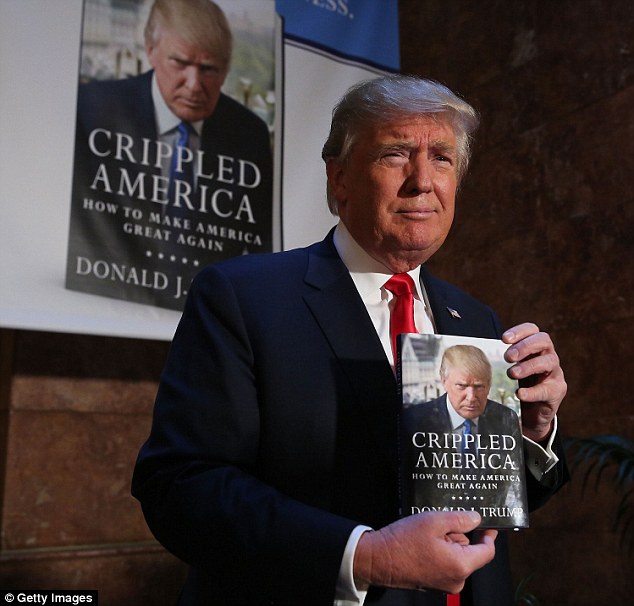
The past week has not been a good one for global health. What gives? I can only come up with one explanation: the Trump Administration is doing its darnedest to disprove the argument in my new book. In Global Health Governance and International Society (out on the 8th! Perfect for Valentine’s Day!), I argue that the emergence, growth, and ‘stickiness’ of global health politics reflects a shift in an international consensus about our collective obligations to address health concerns in other countries. We’re moving from a largely state-based system that only sporadically considers health...
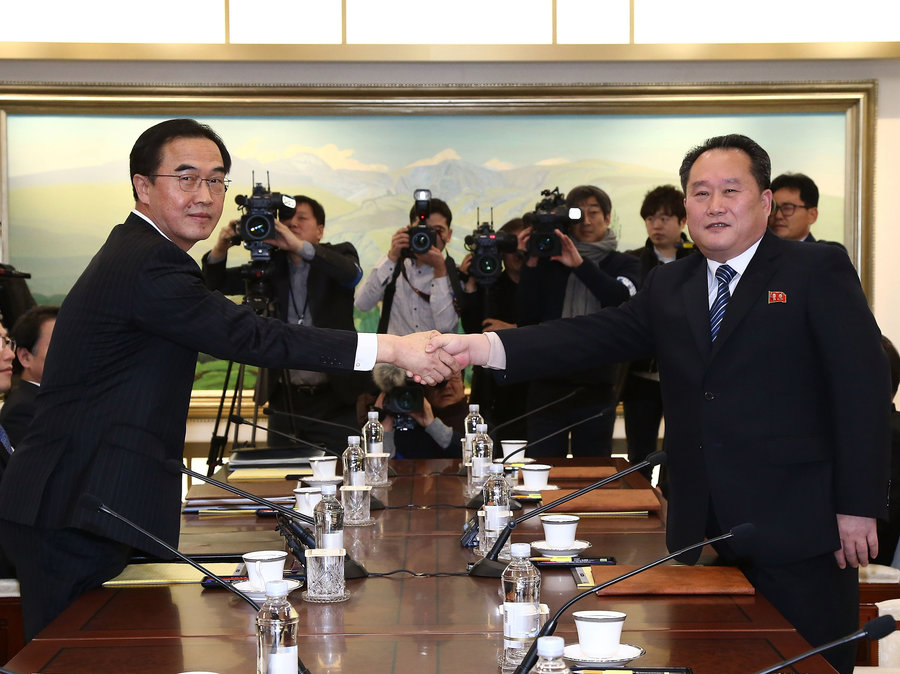
Ahead of the 2018 Winter Olympics, the media has become fascinated with a common narrative that the erstwhile “bitter enemies,” North and South Korea, will march under one flag. The identity and political relations of the Koreas are more complicated than the “enemy” rhetoric conveys. Emblematic of this complexity are the families that are separated by the border, with living siblings that pre-date the division of the peninsula. The current thaw in inter-Korean relations is rooted in the late 1990’s “Sunshine Policy” of the former South Korean President Kim Dae-jung. Yet, the question remains...